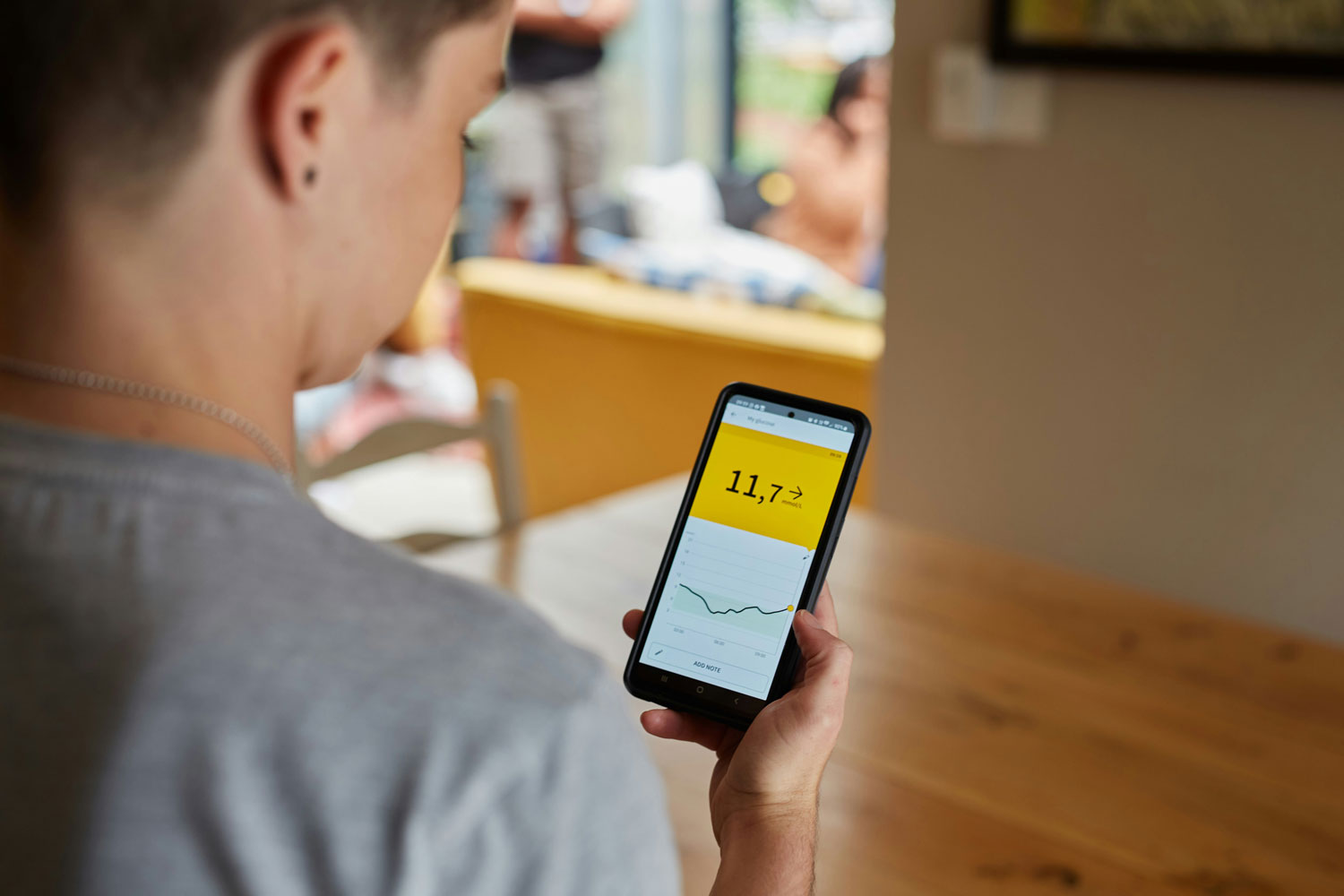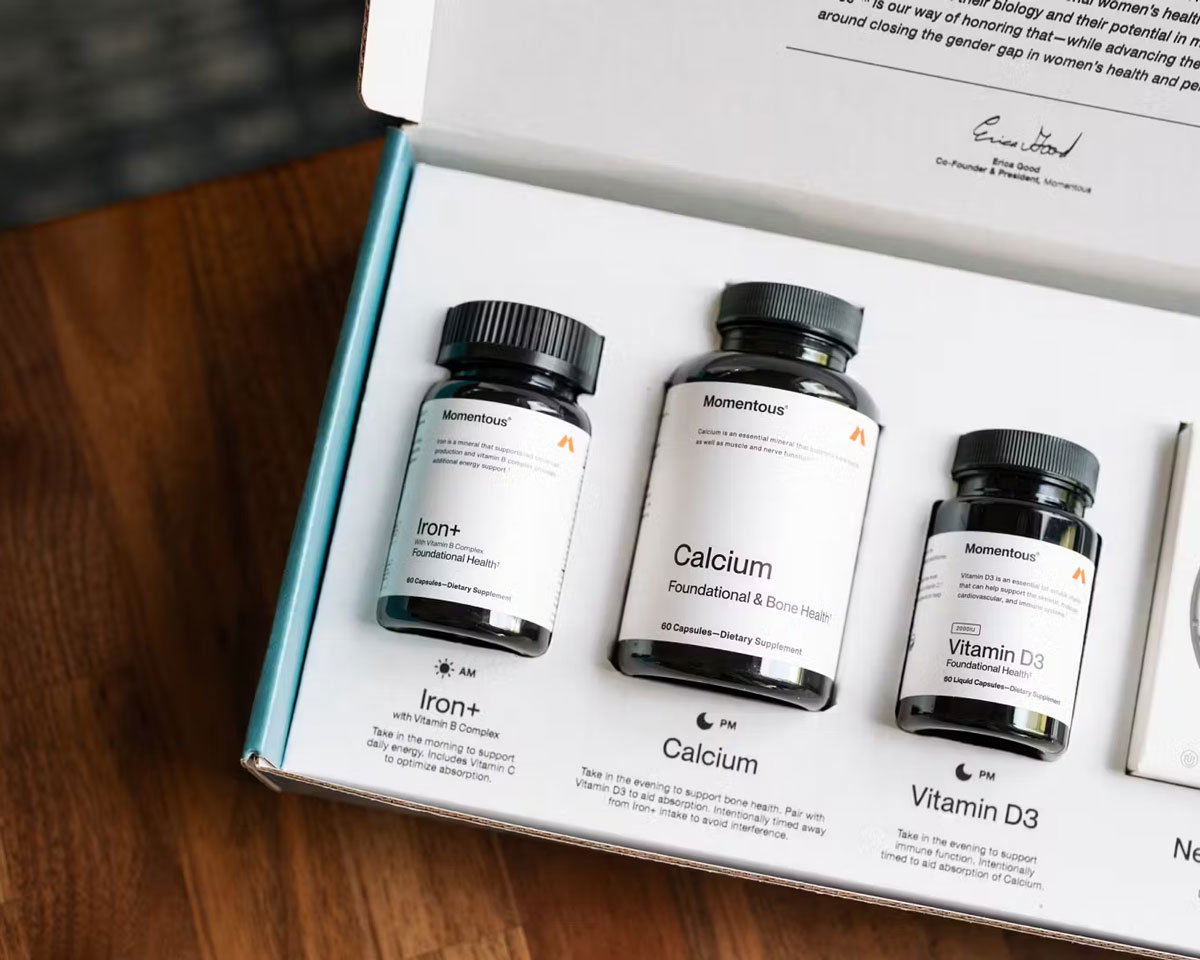Blood sugar 101: Why everyone should be glucose-aware

Reality check. Poor diet is a leading cause of mortality in the US, resulting in over half a million deaths annually. With 40% of US adults classified as obese, the risk of chronic conditions like diabetes is increasing.
Glucose tracking, essential for diabetes treatment, is gaining wider appeal. As a key indicator of metabolic health, it reveals how diet, exercise, and sleep affect your body.
Why blood sugar matters
“The ‘average person’ is precisely who should understand blood sugar!” says Noosheen Hashemi, CEO of January AI. “In the USA, 100 million people have prediabetes, often with no symptoms.” The kicker? Prediabetes is reversible, but 80% of those who have it don’t know.
Sugar signals
It’s normal for blood sugar to spike after meals, but Hashemi explains, “The important thing is whether your body is sensitive enough to insulin to clear that sugar from your bloodstream quickly.”
When monitoring glucose Hashemi advises paying attention to the “area under the curve” (AUC). This measures how high your blood sugar spikes and how long it remains elevated. “When blood sugar hangs out too long, it can be dangerous,” Hashemi warns.
Get the data
A medical device turned consumer health wearable, continuous glucose monitors (CGMs) provide real-time blood sugar insights, showing how your body responds to foods and potentially catching prediabetes early. “If your blood sugar or AUC is consistently high, it might be a sign to get an A1C test and see if you have prediabetes,” Hashemi advises.
There are now several brands offering CGMs to consumers, including Levels, Veri, and Signos. Without using CGMs, Hashemi recommends January AI’s app, which “lets users see personalized, directionally accurate blood sugar curves in response to millions of foods.”
Balancing act
To manage your blood sugar effectively:
- Monitor your diet: “It might surprise people without diabetes that certain foods touted as ‘healthy’ cause significant blood sugar spikes!” Hashemi notes.
- Exercise regularly: Physical activity helps your body use glucose more efficiently.
- Time your meals: Hashemi advises, “Don’t eat for 3 hours before you go to bed.”
- Manage stress: Stress hormones can affect blood sugar levels.
- Get enough sleep: Poor sleep can disrupt glucose metabolism.
The bottom line
Understanding and managing your blood sugar isn’t just for those with diabetes. It’s crucial for overall health and preventing serious conditions. As Hashemi says, “We want people to understand their blood sugar before they progress to irreversible and incredibly dangerous diabetes.”

 Published on Sep 5, 2024 by
Published on Sep 5, 2024 by 







